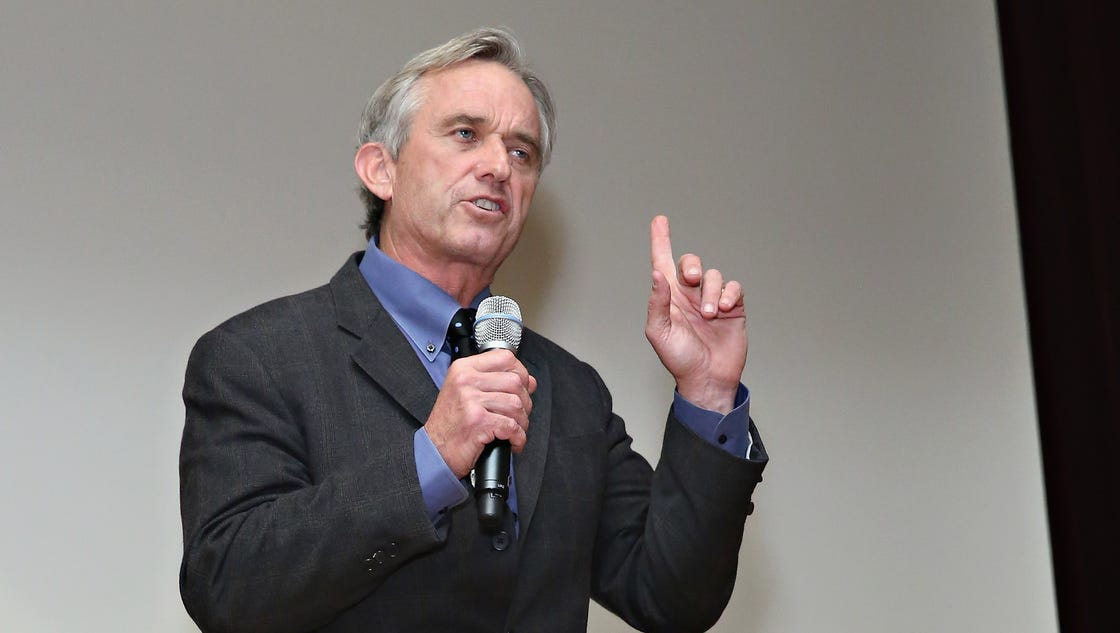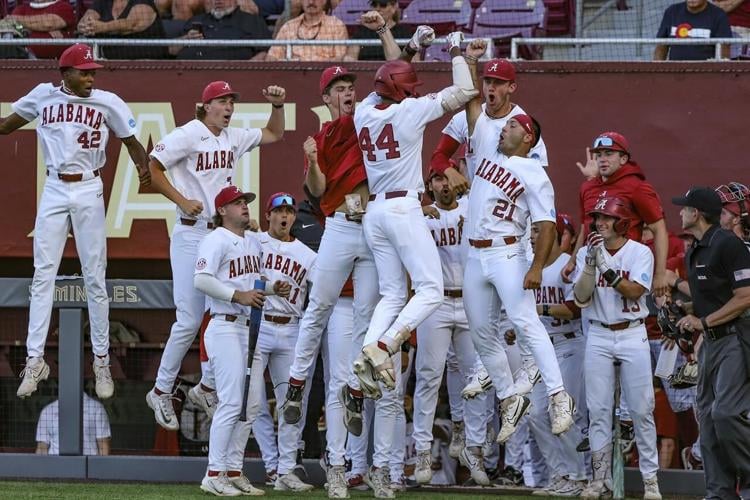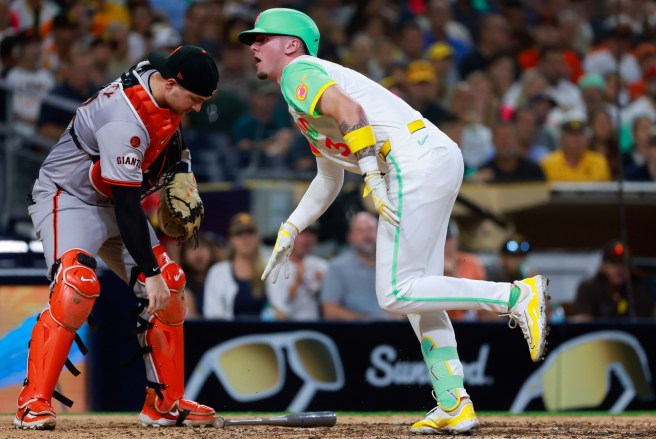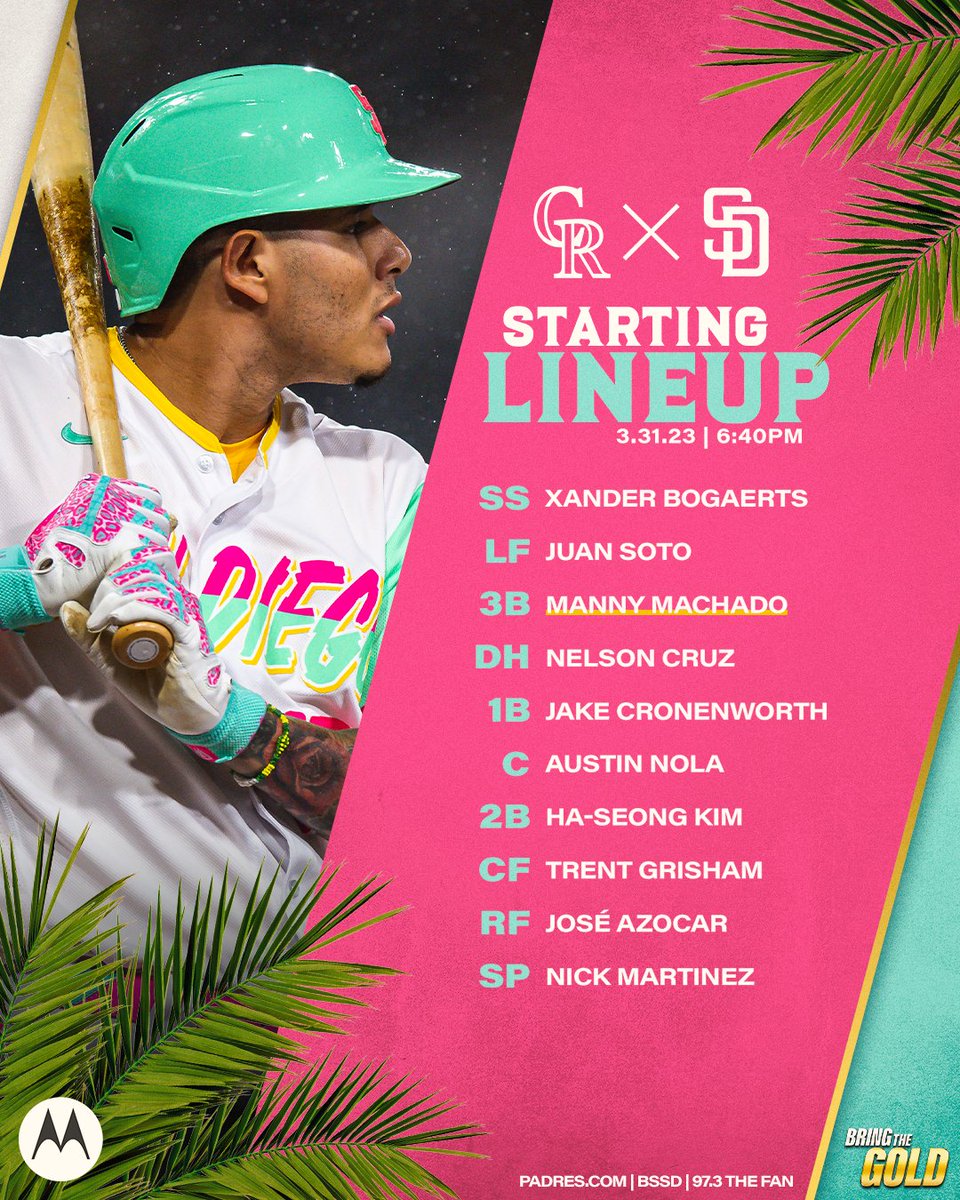RFK Jr.'s Pesticide Claims Met With Resistance From Trump Officials

Table of Contents
Kennedy's Pesticide Claims and Their Scientific Basis
RFK Jr. has consistently voiced concerns about the widespread use of pesticides, arguing that they contribute significantly to various health issues. His claims often center on the link between pesticide exposure and conditions such as autism, cancer, and developmental disorders. These assertions, however, are not universally accepted within the scientific community.
-
Specific Claims: Kennedy frequently highlights the dangers of glyphosate, the active ingredient in Roundup, and chlorpyrifos, an organophosphate insecticide. He argues that these chemicals, even at low levels of exposure, can cause significant harm. He often cites studies that show correlations between pesticide exposure and negative health outcomes.
-
Scientific Evidence: While some studies do suggest a correlation between pesticide exposure and certain health problems, the scientific consensus on causality remains contested. Many peer-reviewed studies have found no conclusive evidence linking specific pesticides to the severity of diseases claimed by Kennedy. The methodology and potential biases in some studies supporting his claims have also been criticized. It's crucial to distinguish between correlation and causation – simply because two things occur together doesn't necessarily mean one causes the other.
-
Controversy Surrounding Glyphosate: Glyphosate, in particular, has been the subject of intense debate. While the International Agency for Research on Cancer (IARC) classified it as a "probable carcinogen," other regulatory bodies, including the EPA under the Trump administration, have maintained that it is safe for use at approved levels. This discrepancy highlights the challenges in evaluating the long-term effects of low-level exposure to chemicals like glyphosate.
-
Epidemiological Studies: Epidemiological studies play a vital role in assessing pesticide-related health risks. These studies examine large populations to identify potential links between exposures and disease outcomes. However, interpreting the findings from such studies can be complex, as they often struggle to isolate the effects of pesticides from other confounding factors.
The Trump Administration's Response and Counterarguments
The Trump administration's approach to pesticide regulation and environmental protection differed significantly from previous administrations. This stance often led to direct conflicts with RFK Jr.'s pronouncements.
-
Regulatory Rollbacks: The administration pursued policies that many viewed as weakening environmental regulations, including those related to pesticides. This included relaxing restrictions on pesticide use and reducing the EPA's oversight of chemical safety.
-
Downplaying Concerns: Critics argued that the administration consistently downplayed or dismissed concerns raised by scientists and public health advocates about the potential dangers of pesticides. This was interpreted by many as prioritizing industry interests over public health.
-
Industry Lobbying: The influence of industry lobbying on the administration's decisions concerning pesticide regulation has been a subject of considerable discussion. Critics allege that powerful agricultural and chemical companies exerted significant pressure to weaken regulations, potentially at the expense of public health and environmental protection.
-
EPA Appointments: The appointments of key officials within the EPA during the Trump administration also fueled controversy. Some appointees had backgrounds in industries regulated by the EPA, raising concerns about potential conflicts of interest and a bias towards deregulation.
Specific Examples of Conflict
-
Chlorpyrifos: The EPA's decision under the Trump administration to allow continued use of chlorpyrifos, despite concerns about its neurotoxicity, particularly in children, became a major point of contention with RFK Jr. and environmental groups. He actively campaigned against this decision, highlighting the potential health risks.
-
Endangered Species Act: The administration's weakening of the Endangered Species Act raised concerns about its potential impact on pesticide use. Reduced protections for endangered species could lead to increased pesticide use in habitats crucial for their survival.
Public Health Implications and Broader Societal Impact
The debate surrounding RFK Jr.'s pesticide claims has significant implications for public health and broader societal well-being.
-
Long-Term Health Consequences: Long-term exposure to pesticides can have severe consequences, ranging from neurological damage to increased cancer risk. The cumulative effect of exposure over time is a critical factor that necessitates cautious regulation.
-
Environmental Justice: The impact of pesticide use is not evenly distributed. Vulnerable communities, often those with lower socioeconomic status and minority populations, disproportionately bear the burden of exposure to pesticides, often due to their proximity to agricultural areas or industrial sites.
-
Public Awareness and Education: Increasing public awareness and education about the potential risks associated with pesticide exposure is crucial. Informed consumers can make better choices about the food they buy and the products they use in their homes and gardens.
-
Food Safety and Clean Water: Pesticide use raises concerns about food safety and access to clean water. Residue on food and contamination of water sources can pose significant health risks, particularly for children and vulnerable populations.
Conclusion
Robert F. Kennedy Jr.'s persistent assertions regarding the dangers of pesticides have sparked a significant debate, encountering considerable resistance from the Trump administration. This conflict highlights the complex interplay between scientific evidence, political agendas, and the regulation of potentially harmful chemicals. The long-term consequences for public health and the environment remain a critical concern.
Call to Action: Stay informed about the ongoing debate surrounding RFK Jr.'s pesticide claims and the actions of regulatory agencies. Continue to advocate for stronger pesticide regulations and increased transparency in the chemical industry to protect public health and the environment. Engage in informed discussions about the scientific evidence surrounding pesticide toxicity and its impact on human health and the environment. Learn more about the complexities of pesticide regulations and their impact.

Featured Posts
-
 Ai In Therapy The Surveillance State Threat
May 16, 2025
Ai In Therapy The Surveillance State Threat
May 16, 2025 -
 V Mware Costs To Soar 1 050 At And T Highlights Broadcoms Extreme Price Increase
May 16, 2025
V Mware Costs To Soar 1 050 At And T Highlights Broadcoms Extreme Price Increase
May 16, 2025 -
 Bahia Derrota Al Paysandu 0 1 Goles Y Cronica Del Partido
May 16, 2025
Bahia Derrota Al Paysandu 0 1 Goles Y Cronica Del Partido
May 16, 2025 -
 Gurriels Pinch Hit Key Rbi Single Leads Padres To Victory Over Braves
May 16, 2025
Gurriels Pinch Hit Key Rbi Single Leads Padres To Victory Over Braves
May 16, 2025 -
 Vercel Challenges La Ligas Internet Censorship Measures For Copyright Infringement
May 16, 2025
Vercel Challenges La Ligas Internet Censorship Measures For Copyright Infringement
May 16, 2025
Latest Posts
-
 Poiriers Retirement Paddy Pimbletts Bold Challenge
May 16, 2025
Poiriers Retirement Paddy Pimbletts Bold Challenge
May 16, 2025 -
 San Diego Padres News Roster Moves Ahead Of Tonights Game
May 16, 2025
San Diego Padres News Roster Moves Ahead Of Tonights Game
May 16, 2025 -
 Merrill Back In Padres Lineup Campusanos Demotion To El Paso
May 16, 2025
Merrill Back In Padres Lineup Campusanos Demotion To El Paso
May 16, 2025 -
 Padres Vs Opponent Pregame Analysis And Lineup Breakdown
May 16, 2025
Padres Vs Opponent Pregame Analysis And Lineup Breakdown
May 16, 2025 -
 Ilia Topuria Vs Paddy Pimblett The Ufc 314 Callout And Whats Next
May 16, 2025
Ilia Topuria Vs Paddy Pimblett The Ufc 314 Callout And Whats Next
May 16, 2025
